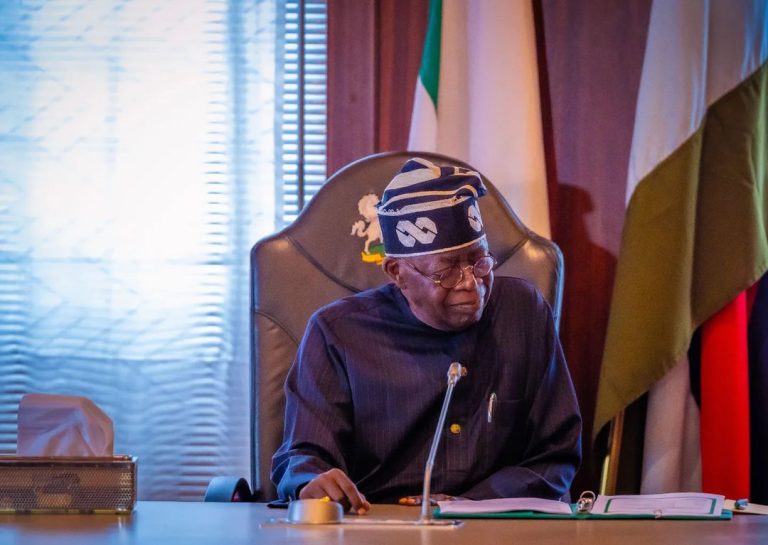From Adanna Nnamani, Abuja
Ahead of a scheduled crucial meeting with President Bola Tinubu to further discuss the new minimum wage for Nigerian workers, Organised Labour has insisted it will not compromise on its demand for N250,000.
Spokesperson of the Nigeria Labour Congress (NLC), Benson Upah, confirmed to Daily Sun via a phone call that President Tinubu has summoned both the leadership of the NLC and the Trade Union Congress (TUC) to a meeting in Aso Villa in Abuja, today.
Although he said the aim of the meeting is yet to be known to the unions, Daily Sun gathered that Tinubu is expected to address the government and private sector’s N62,000 minimum wage proposal, as well as the organised labour’s N250,000 demand.
“If the meeting has anything to do with the minimum wage, our position on N250,000 will stand, even as the cost of living has moved up.
“But it is not for us to pre-empt what the conversation will be all about. It is the person that invites you that will tell you why they are inviting you. So, we will honour the invitation, and have an honest, frank and reasonable conversation. And we also expect the government to operate in the same mode.”
He lamented the hardship being faced by citizens in the country due to the current economic situation, adding that labour has been considerate and patriotic
“We have been considerate and patriotic, but, nonetheless, we have been flexible too. The situation has been tough for Nigerians.
“Many people are really under the effect of the increasing tariff, the energy tariff, the exchange rate, the interest rate, and everything. Life has been very mean. So, we would want Mr. President to take all of these into consideration.
“Particularly in light of the fact that he had promised a living wage, even when the situation was not one tenth as bad as it is now. We need to live. We need to live in this country.”
Earlier, TUC President, Festus Osifo, had assured labour was actively working behind closed doors to push the Federal Government to announce a new minimum wage soon.
Osifo, who spoke at the Petroleum and Natural Gas Senior Staff Association of Nigeria women commission maiden annual convention in Abuja on Tuesday, also said labour was still insisting on the N250,000 benchmark as the ideal minimum wage.
“The minimum wage negotiations cannot be dead. The 2019 minimum wage (that has expired) took about two years to see the light of day. We started the negotiations in 2017.
“We promised you when we started in January (this year) that we will ensure this one is fast-tracked for us not to be in the conundrum that we were in 2019 which took two years.
“So, where we are today, we submitted the divergent position in June, when we did that, you know clearly that Mr. President came out to say he wanted to consult across board which is the governors, local government chairmen, organised private sector and labour, so we are doing some level of reach out and conversations.
“So that what will be submitted to the National Assembly will actually be a minimum wage that will cater for the poorest of the poor, so for the fact that in the media, we are not shouting, we are doing some level of internal work so that this bill will be submitted in earnest soon.”
President Tinubu had, during his Democracy Day speech on June 12, 2024, disclosed plans to introduce an executive bill on the new national minimum wage at an upcoming meeting.
But, the Federal Executive Council, at its meeting on June 25, postponed discussions on the wage to allow for more stakeholders’ engagement.
However, during the 141st session of the National Economic Council on June 27, President Tinubu and Vice President, Kassim Shettima, met with all state governors and ministers to address the new minimum wage.
The current minimum wage of N30,000, set by the 2019 Minimum Wage Act, expired in April 2024, prompting the president to establish a tripartite committee in January to negotiate a revised minimum wage.
Despite efforts by the committee, no agreement has been reached. This impasse led to an indefinite strike by organised labour starting on June 3, 2024, causing disruptions across key sectors.
While labour unions argue for a new wage reflecting current economic challenges like inflation and recent policy changes, the government and private sector insist they can only afford N62,000.
